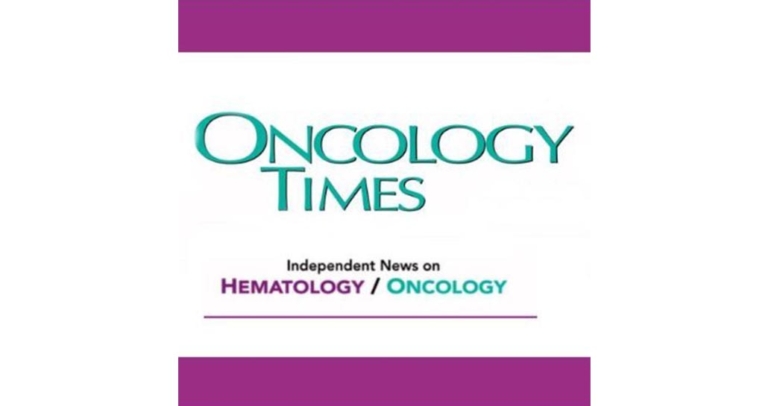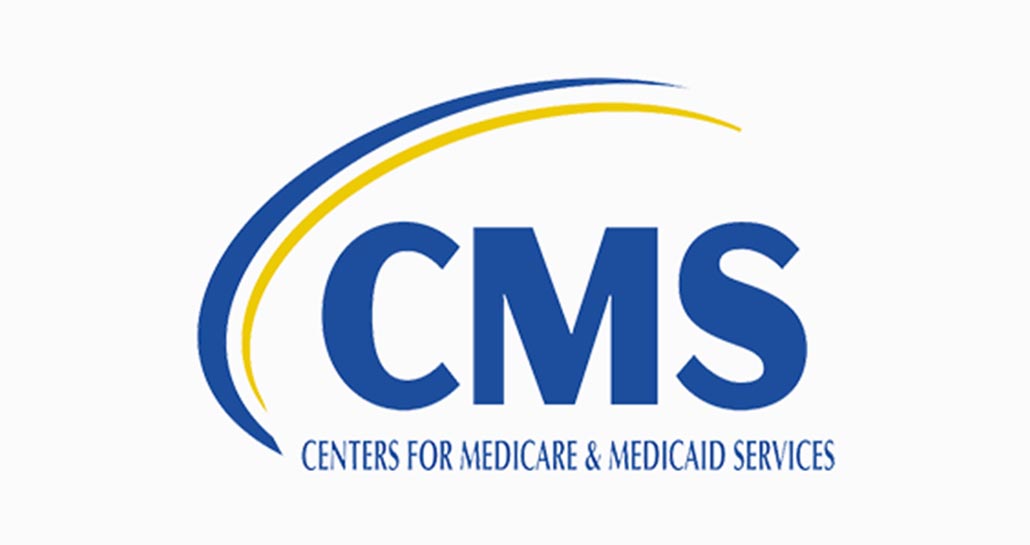
ACOs and Delivering Care for Older Adults: Two Recent Articles That Caught Our Attention
"What We Can Learn by Listening to Older Adults" Chris Langston, a program director at the John A. Hartford Foundation, penned a recent Prepared Patient Blog post that resides on the Center for Advancing Health (CFAH) website. It refers to what many of us have learned from our work in patient advocacy which points ...

New York Times Article Sheds Light on How the Cost of Treatment May Influence Doctors
Andrew Pollack of The New York Times wrote an interesting article for the Business Section of the paper, shedding light on how the cost of treatment may influence doctors. Quotes from Dr. Lowell Schnipper from the American Society of Clinical Oncology (ASCO) are featured, as are those from leaders at the ...

NCCS Joins Colleagues in Commending the Work of the Senate Finance Committee on the SGR Repeal
NCCS joined colleagues in the Cancer Leadership Council in commending the work of the Senate Finance Committee on the SGR Repeal and Medicare Provider Payment Modernization Act of 2014. The legislation offers a responsible process for moving the Medicare program away from a system that emphasizes volume of services to ...

NCCS CEO’s Article via CURE “Aiming to Improve Quality of Cancer Care”
In a recent article posted online via CURE Magazine, Shelley Fuld Nasso describes experiences that underscore the need for improved communication between patients and providers, as well as the evidence-base that informs NCCS' push for cancer care planning. The Institute of Medicine recently proposed a framework for quality cancer care ...

Oncology Times: NCCS-AEI Meeting Emphasizes Putting Cancer Patient First in Physician Payment Reform
A summary and overview of the recent "Putting the Cancer Patient First" meeting was posted via Oncology Times online. The meeting was co-hosted by NCCS and the American Enterprise Institute (AEI) on February 28, 2014 and convened leaders in health care policy to discuss issues that impact cancer patients and survivors. Read the summary >> The ...

Dr. Ezekiel J Emanuel’s NYT Article “In Health Care, Choice Is Overrated”
In recent months, there has been significant discussion among cancer patients, their physicians and other health care providers, and cancer organizations about the adequacy of the provider networks in their insurance plans. Cancer patients want assurances that they will receive quality care and can seek second opinions from those with ...

NCCS Joins Colleagues in the CLC in Submitting Comments on 2015 Letter to Issuers
This week the National Coalition for Cancer Survivorship (NCCS) joined colleagues in the Cancer Leadership Council (CLC)--a coalition that represents cancer patients, health care professionals, and researchers--in submitting comments on several standards for certification of qualified health plans as outlined in the 2015 Letter to Issuers in the Federally-facilitated Marketplace ...

NCCS/AEI Co-Hosted Event to Be Streamed Live
The National Coalition for Cancer Survivorship and the American Enterprise Institute (AEI) will co-host a symposium, “Putting the Cancer Patient First: Payment Reform in an Age of Personalized Cancer Care.” Friday, February 28, from 8:30 a.m. to 12:30 p.m. at the American Enterprise Institute Conference Center in Washington, DC. For those unable to ...

Medicare Payment Reform: A Chance to Advance Patient-Centered Cancer Care
NCCS is following two important policy developments that will impact Medicare payments for physician services. Congress is making early steps to reform Medicare payments for physician services, and the Center for Medicare & Medicaid Innovation (CMMI) is seeking public input on refinements in Medicare payments to physician specialists. These steps ...

Medicare Payment Update for 2014
As Congress deliberates significant reforms of Medicare payments for physicians, the Centers for Medicare & Medicaid Services (CMS) has released the final fee schedule for calendar year 2014. In the final schedule, CMS abandoned a payment revision that would have significantly reduced rates of pay for certain cancer diagnostic tests ...

